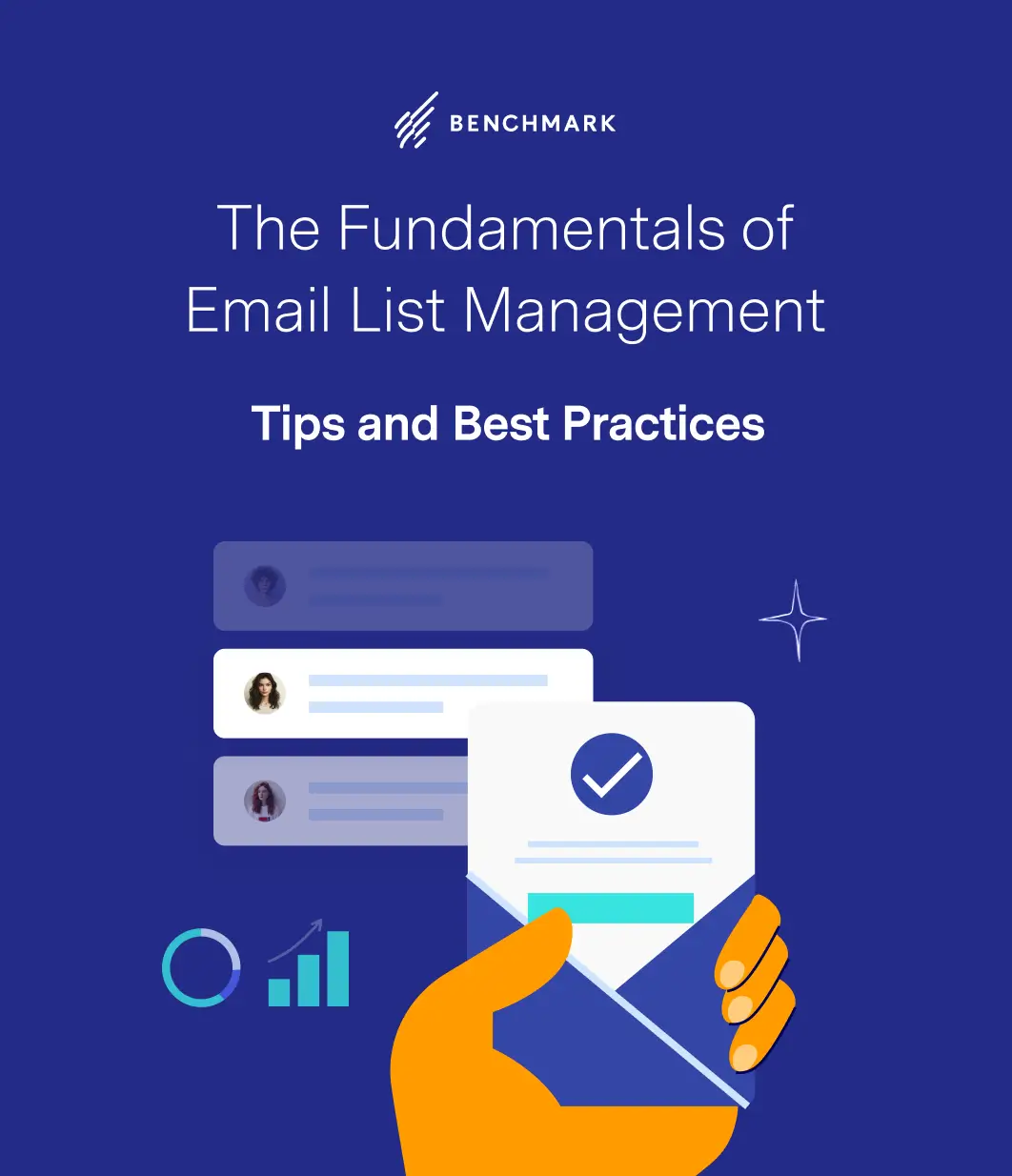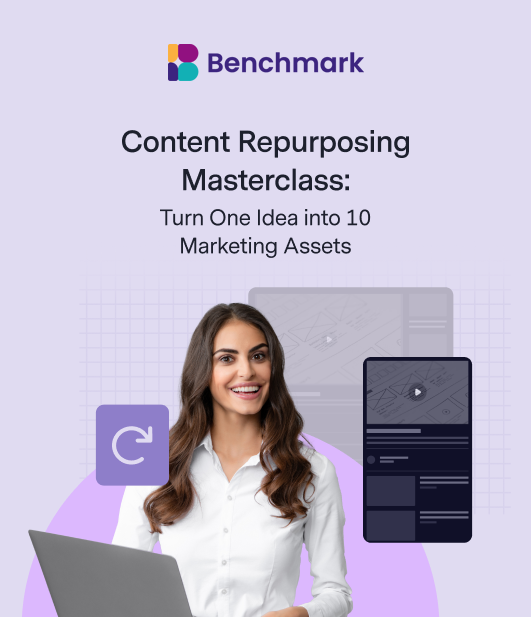The Complete Guide to New AI Search Terminology (And What Marketers Actually Need to Know)
July 17, 2025 4 min read

Let’s be honest: AI search moves fast. One minute you’re optimizing for keywords, the next you’re trying to understand what “agentic capabilities” even mean. (Spoiler: it’s not a Marvel superpower, but close.)
If you’ve been hearing new AI lingo tossed around and wondering what it means for your marketing, you’re not alone. This guide breaks down the freshest AI search terms—without the jargon overload—and shows you how actually to use them to stay ahead.
What Are the Latest Terms in AI Search?
AI-powered search is transforming the way people discover content—and how marketers connect with them. Here’s a breakdown of the new vocabulary shaping search in 2025 and beyond:
AI Mode
Think of it as “smart search mode.” AI Mode delivers thoughtful, context-aware answers instead of just a list of links.
- How it works: Uses large language models to generate conversational responses.
- Why it matters: Your content needs to be rich, helpful, and well-structured so it can be surfaced as part of these AI answers.
- Where it’s happening: Google’s Gemini, Microsoft Copilot.
Agentic Capabilities
This isn’t your typical search function. Agentic AI can act on your behalf—booking appointments, comparing products, even checking out.
- Why it matters to you: Ensure your services and product info are structured and accessible so that AI can interact with them seamlessly.

Multimodal AI
Search engines that understand more than just text—they process images, videos, and audio too.
- Why it matters: Time to think beyond blog posts, visuals, videos, and voice-optimized content should be part of your marketing toolkit.
Citation-First Search
AI search engines now include sources in their responses, linking back to the original content to build trust.
- Why it matters: Well-cited, authoritative content is more likely to be surfaced. Think clarity, credibility, and those helpful little outbound links.
Relevance Ranking 2.0
Goodbye, keyword stuffing. AI now prioritizes search results based on intent, semantics, and context.
- Why it matters: Your content should answer fundamental questions, not just check off SEO boxes.
Hallucination Safeguards
AI hallucinations = confidently wrong answers. To combat this, systems now use fact-checking and source validation.
- Why it matters: Authoritative, trustworthy content (with citations!) is more likely to be featured in AI-generated results.
Why These Terms Actually Matter for Marketers
AI search isn’t just a trend—it’s a tectonic shift in how people find, trust, and act on information. For marketers, this means:
- Better content alignment: Knowing how AI interprets and ranks information helps you create content that shows up—and shows off.
- Smarter campaign strategy: Tailor your messaging to how real people (and their AI assistants) are searching.
- An edge over the competition: Most marketers are still playing catch-up. You? You’ll be ready.
Trends That Will Shape AI Search (and Your Strategy)
1. Personalized Contextual Search
Search results are becoming increasingly tailored to individual users’ past behavior, location, and preferences.
Tip for Mia: Use segmented campaigns and dynamic content in your emails to mirror this shift in personalization.

2. Deep Search & Query Fan-Out
AI breaks complex queries into sub-questions, delivering more comprehensive answers.
Tip: Create pillar content, FAQs, and in-depth guides that answer related questions in one place.

Content Repurposing Masterclass: Turn One Idea into 10 Marketing Assets Webinar
DOWNLOAD NOW3. Generative AI + Search
AI isn’t just finding content—it’s creating it. Think on-the-fly answers, summaries, even full drafts.
Tip: Utilize Benchmark’s features to streamline your workflow and create more targeted campaigns more quickly.
How to Use AI Jargon Without Sounding Like a Robot
Knowing the lingo is good. Using it wisely? Even better.
| Technical Term | Human-Friendly Version |
| Multimodal AI | Search that understands images and text |
| Agentic Capabilities | AI that can take action for users |
| Hallucination Safeguards | AI fact-checking to avoid wrong answers |
Try this:
🟢 “Our platform helps customers find what they need—whether they type it, snap it, or say it.”
🔴 “We leverage multimodal AI and agentic capabilities to optimize the UX.”
Put AI Terminology to Work in Your Campaigns
Here’s how to actually use all this new AI knowledge in your email marketing:
- Optimize for AI Mode: Write content that clearly answers specific, complex questions.
- Leverage Citation-First Search: Use outbound links and cite sources to build authority.
- Utilize Multimodal Content: Incorporate images and videos into your campaigns whenever possible.
- Support Agentic AI: Make your products and services easy to discover and interact with.
- Match Relevance Ranking: Focus on semantic search and user intent, not keyword density.
Moving Forward with Powerful AI Search
You don’t need to master every AI buzzword. But knowing the ones that actually impact your marketing? That’s smart.
By keeping up with the evolution of AI search—and applying what you learn to content, SEO, and email—you’re not just following trends. You’re leading the pack.
Ready to turn your AI know-how into real marketing wins?
Start your next campaign with Benchmark Email’s AI-powered tools today.
FAQs: New AI Search Terminology
Q: What are the top AI search terms I should know?
Focus on: AI Mode, agentic capabilities, citation-first search, and multimodal AI.
Q: How is AI search different from traditional search?
AI understands intent and context, not just keywords, making it more conversational and comprehensive.
Q: How can I stay up-to-date with new AI terms?
Follow trusted marketing publications, SEO thought leaders, and (shameless plug) the Benchmark blog.
Q: How should small businesses adapt?
Start small: prioritize helpful content, cite your sources, and experiment with tools to stay competitive.
Benchmark Recommends
See all articles
Email Design Inspired by Physical Mail: What Marketers Can Learn from Direct Mail Aesthetics
Ultimate Guide to Email Marketing for Retail Businesses: (2025 Edition)
How to Use AI to Write Smarter Emails (Without Losing Your Voice)
A powerfully simple email marketing platform
Sign up for free to see how effortless email marketing can be.
Our Company
Compare
Solutions
Compare
Account
© Polaris Software, LLC 粤ICP备14001834号 Benchmark Email® is a registered trademark of Polaris Software, LLC
© Polaris Software, LLC 粤ICP备14001834号
Benchmark Email® is a registered trademark of Polaris Software, LLC



